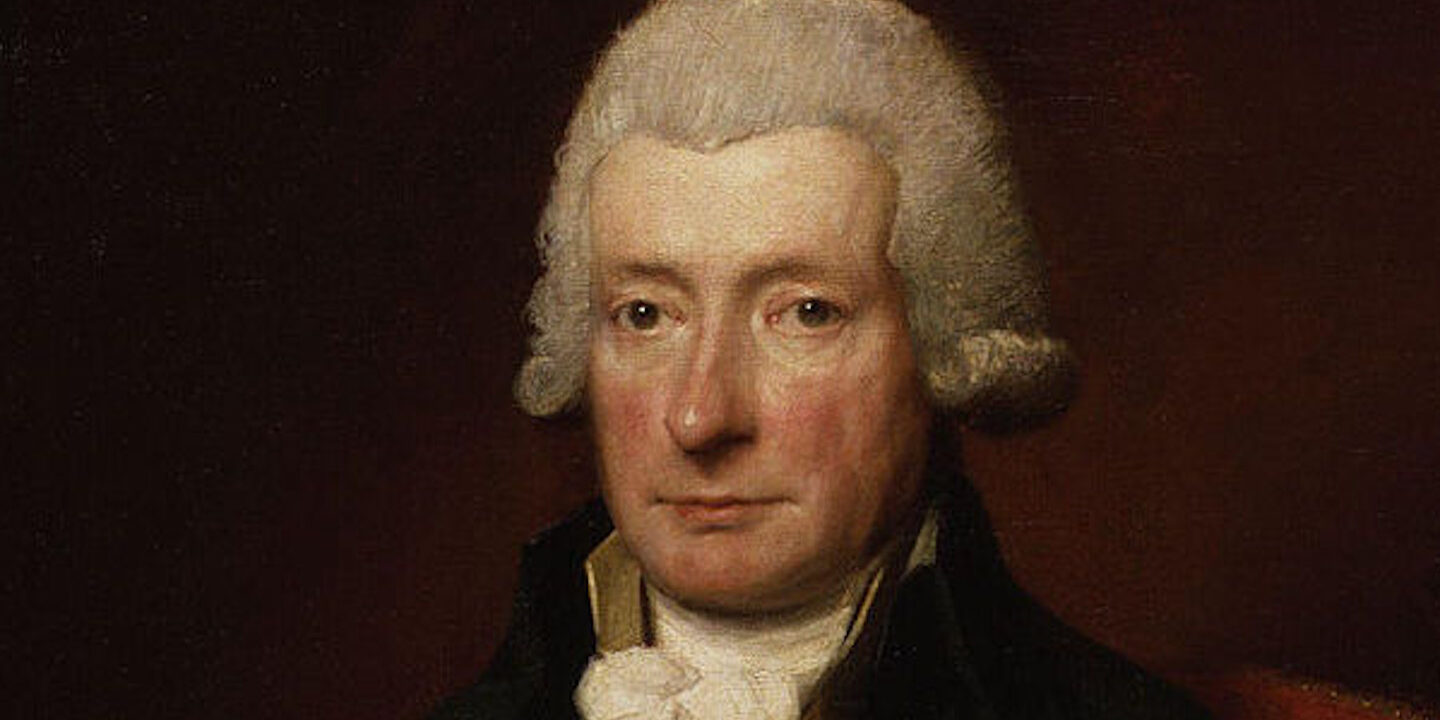By Samantha Griffitts, MA, LMFT
God moves in a mysterious way,
His wonders to perform;
He plants his footsteps in the sea,
And rides upon the storm.
Deep in unfathomable mines
Of never-failing skill,
He treasures up his bright designs,
And works his sov’reign will.
Ye fearful saints, fresh courage take,
The clouds ye so much dread
Are big with mercy, and shall break
In blessings on your head.
Judge not the Lord by feeble sense,
But trust him for his grace;
Behind a frowning providence
He hides a smiling face.
His purposes will ripen fast,
Unfolding ev’ry hour;
The bud may have a bitter taste,
But sweet will be the flow’r.
Blind unbelief is sure to err,
And scan his work in vain;
God is his own interpreter,
And he will make it plain.
Light Shining Out of Darkness, by William Cowper
William Cowper was an 18th century British poet most commonly known today as the author of “Light Shining Out of Darkness,” the poem that would become the hymn “God Moves In A Mysterious Way.” The poem is a testament to God’s presence and faithfulness in the midst of Cowper’s own struggle with depression and anxiety. He lost his mother at a very young age, and dealt with periods of profound sadness and fear that lasted well into his adult life. The 18th century was not a friendly time to struggle with such things. Suffering gave birth to more suffering as people crumbled under the weight of institutionalization and the unrelenting label of “madness.” But William Cowper did not succumb to madness. And despite his own experience with institutionalization, he left us an inheritance of beauty from these struggles in the form of his poetry, in no small part thanks to his enduring friendship with John Newton (the writer of “Amazing Grace”).
Although much has changed since Cowper’s lifetime, his story is not altogether unlike the stories of modern Christians who struggle with depression and anxiety. While our modern understanding of the etiology and treatment of depression and anxiety surpasses that of the 18th century, there is still much to learn from looking into the past. Studying the lives of those who have gone before us, like Cowper, can help us to firmly situate our own stories within the context of the broader story of the death and resurrection of Jesus Christ, where much beauty can be made of much suffering.
I encounter such suffering on a daily basis in my work as a therapist treating anxiety and obsessive compulsive disorder. Through Cognitive Behavioral Therapy, and more specifically Exposure and Response Prevention, we identify practical ways to allow anxiety to be experienced without attempting to neutralize or offset it, allowing for habituation and ultimately relief from the anxiety and discomfort over time. It is a therapy model that is both incredibly simple and deeply theological, as every exposure exercise is also a conscious act of trust in God and a conscious rejection of the attempt to control the feared circumstance through our own strength and striving. It is a concept that I like to think would have resonated with William Cowper. Finding himself unable to push back against the waves of sorrow and fear that sought to drown him, he chose to anchor himself to the one who “plants his footsteps in the sea, and rides upon the storm.”

Samantha Griffitts is an artist, illustrator, and therapist whose Christian (Anglican) faith drives her to contribute truth, beauty, and goodness to the world. Samantha spends her time walking with people experiencing the distress of anxiety and obsessive compulsive disorder, as well as painting, drawing, and illustrating. Happiest at the intersection of theology, psychology, and the visual arts, her studies of theology and Christian psychology were the early seeds of her current artistic work. She is the illustrator of Light Shining Out of Darkness, by 18th century Anglican poet William Cowper, which is available through Amazon and Barnes and Noble in the United States, and through Amazon, Blackwell’s, and the Cowper & Newton Museum in the United Kingdom.




